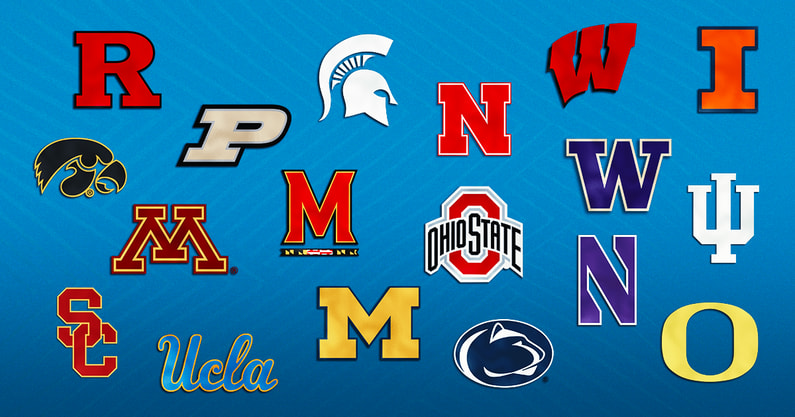What is ChatGPT?
ChatGPT is a conversational AI model developed by OpenAI that has the ability to generate human-like responses to text-based prompts, making it suitable for a wide range of conversational applications. This tool can be used to understand and generate responses to questions and complex tasks. Many users have found ChatGPT helpful for writing essays, conducting research, language translation, virtual assistance, and completely original content generation. This AI is groundbreaking; however, it leaves many writers and educational professionals concerned about its abilities and the obvious impact it will have in a school setting.
ChatGPT & College
How are colleges handling this newfound technology? Due to ChatGPT’s rapid growth in popularity, boasting over 100 million users and 1.8 billion visitors per month in just six short months since its launch in November 2022, colleges have had to quickly set guidelines around ChatGPT and its use among students. According to an article published by The Hill, universities have expressed mixed reactions. While media focus has often been on the dangers of AI technology and its potential in academic settings for plagiarism and shortcutting, some professors have shared their excitement about the capabilities of the AI technology, while others seemed more hesitant.
The Hill conducted an interview with Jenny Frederick, executive director of the Yale Poorvu Center for Teaching and Learning and Associate Provost for Academic Initiatives, who shared, “There just hasn’t been panic here on campus. In fact, the university is absolutely a wonderful place to consider all the implications both good and bad, and challenges and new questions raised by any kind of new technology, because we have people who are going to think about the problems from so many different angles and orientations.” Frederick went on to say that at universities with considerable resources, this technology could be “embraced” rather than feared.
The fear of ChatGPT comes from the unknown. Professors are concerned that ChatGPT could be used to cheat. If you are considering using ChatGPT to write your college application essay or a tricky term paper, you should think again. AI detecting technology such as OpenAI, the same company that created ChatGPT, can detect AI-written work. The company admits their app isn’t perfect. There needs to be at least 1,000 words of AI-generated content to detect its use, and the system can be fooled by slight human interaction, like changing some words around. However, students are encouraged to use the AI as a research tool, rather than a human replacement.
Pros & Cons of ChatGPT
Despite the potential academic pitfalls, ChatGPT has tremendous potential to serve its users. ChatGPT was coined as “revolutionary” by tech legend, Bill Gates. According to an article posted in the Pennsylvania Gazette, “College in the Age of ChatGPT,” AI tools should be used as equalizers, such as helping students who have trouble coming up with ideas. “As generative AI gets better, it will become even more valuable to anyone seeking to overcome the inertia associated with staring at a blank page.” In the article, Professor Ethan Mollick urges students and teachers to take the time to understand how to properly use ChatGPT. He notes that when generically prompting ChatGPT to generate a response without specifics, ChatGPT often produces cliche, repetitive, and oftentimes incorrect work. Mollick goes on to say that with AI, “You don’t always get what you ask for, but you can push toward something unique and interesting by playing with prompts.”
Many professors who have looked at ChatGPT as a valuable resource have found that students are capable of pushing their educational boundaries by utilizing the AI’s many functions. ChatGPT can provide academic support and tutor students by offering explanations, answering questions, and helping with problem-solving in various subjects. Additionally, it can provide guidance on study strategies, time management, and resources for student success.
It’s important to note that while ChatGPT can be a valuable tool, it’s not a substitute for human support and expertise. Colleges need to ensure that appropriate measures are in place to address situations where human intervention is required to maintain data privacy and security when implementing conversational AI systems.
Working with ChatGPT
In all, ChatGPT is an AI tool that isn’t going away anytime soon. It represents a significant leap forward in the field of artificial intelligence and natural language processing. While ChatGPT does have limitations and presents many potential drawbacks for students, it has tremendous potential to enhance our interactions with technology. We can expect AI to continue to develop and insert itself into the academic world with even more advanced AI models. Work with PREMINENTE counselors to help you navigate the technology to best serve you without taking away from your hard work and efforts. Embracing new technologies and working with them properly will ensure your success as a student in a new age of AI.


